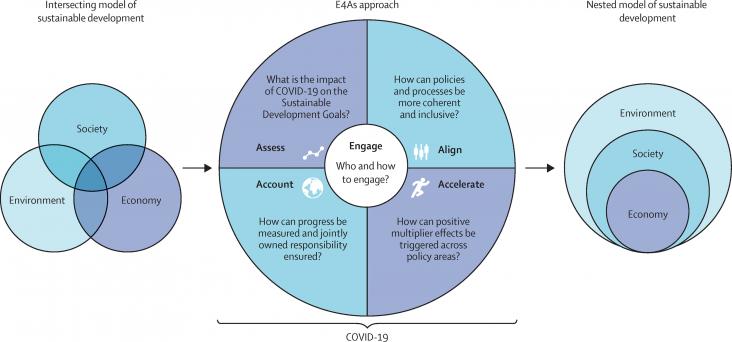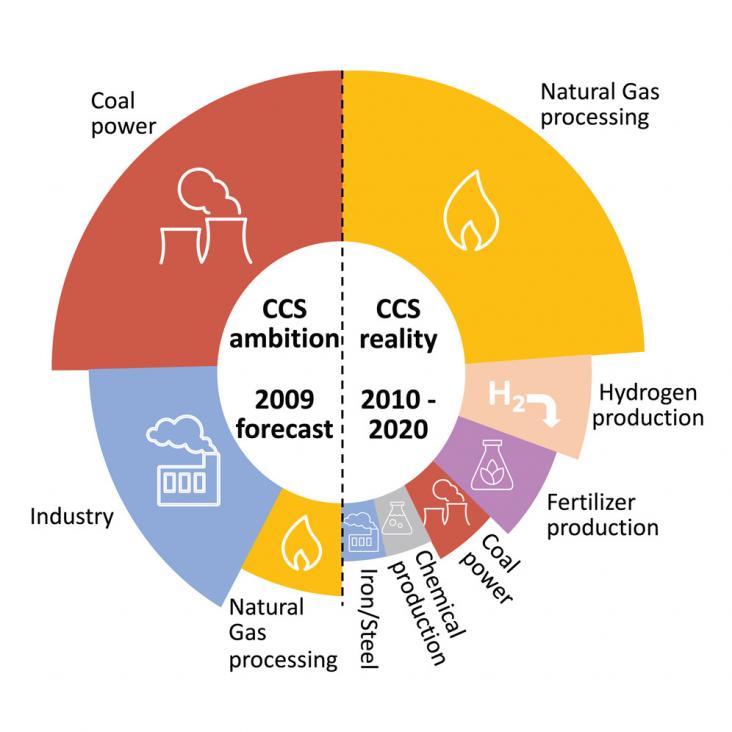
COVID-19 is disrupting and transforming the world. We argue that transformations catalysed by this pandemic should be used to improve human and planetary health and wellbeing.
An Article in support of SDGs 12 and 13, assessing the potential benefits of moving to more sustainable diets for greenhouse gas emissions, land use, mortality, and cancer rates.

Following the landmark 2015 United Nations Paris Agreement, a growing number of countries are committing to the transition to net-zero emissions.
This book chapter advances SDGs 13, 15, and 17 by explaining how conservation of species in the wild by creating sanctuaries is most successful if aspects of behavior such as territoriality, dispersal, and migration are factored into sanctuary design.
Fish experiencing abnormally high or prolonged elevations in temperature can exhibit impaired reproduction, even for species adapted to warm water environments.
Cyclones and tropical storms are important threats to public health faced by countries worldwide as they are associated with infectious disease outbreaks, unsafe food and water to mention a few.
This book chapter advances SDGs 2, 13, and 15 by summarizing the impact of high temperature on wheat production, physiological traits contributing to heat tolerance, and how to integrate new tools such as trascriptomics, proteomics, metabolomics, and ionomics with plant breeding.
